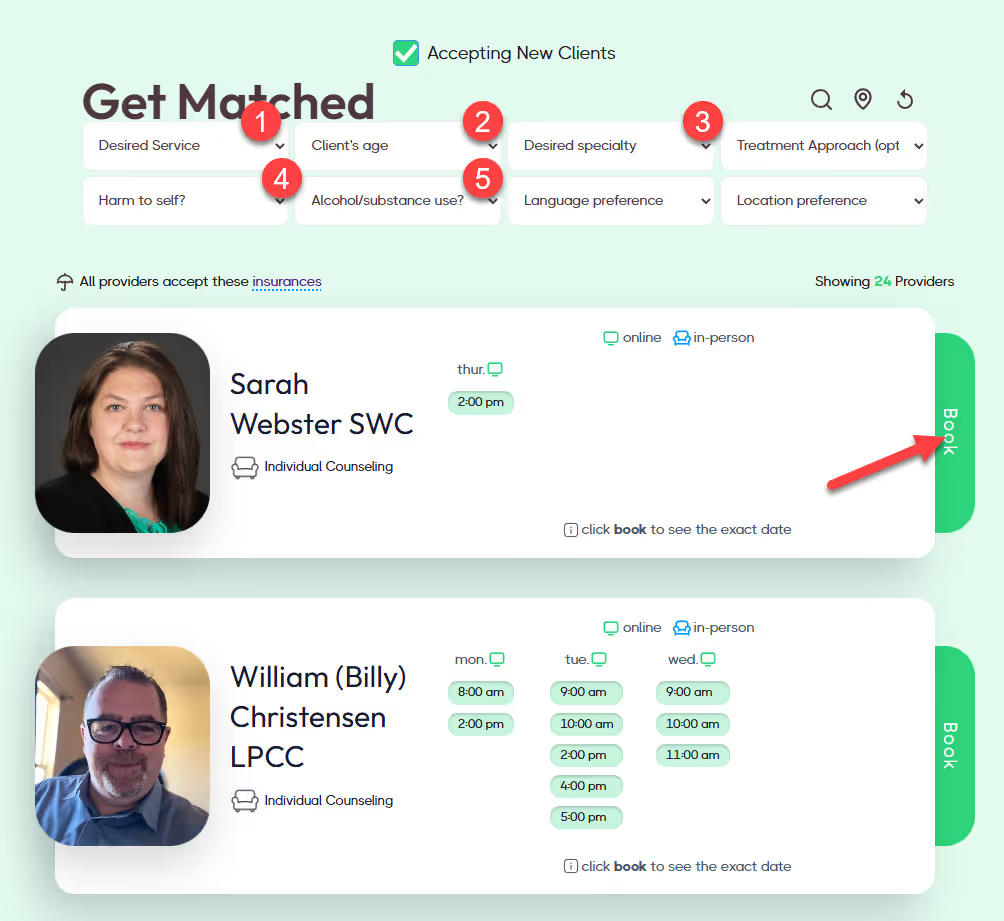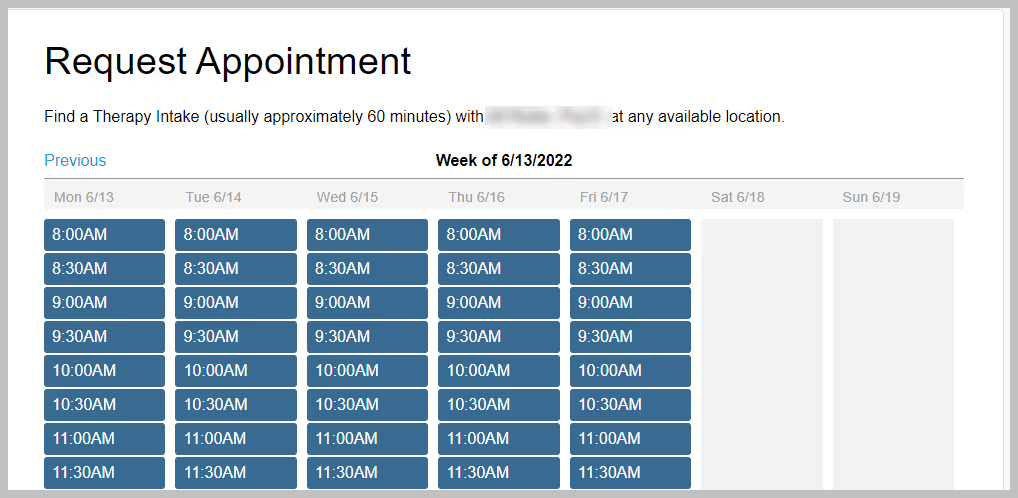Struggling with dissociative experiences? Our compassionate counseling provides coping strategies and support to integrate and reclaim your life.
Book a SessionDissociation can feel like watching your own life from a distance, like you're a passenger in a movie. The goal of counseling isn’t to erase these experiences but to help you reconnect with your body and your life. We provide a safe, supportive space for you to understand what is happening to you and to learn to manage the feelings that led to it. We believe you can find a sense of wholeness and safety, and we're here to help you get there.
Living with amnesia and flashbacks can be terrifying. It's like your memories are a jumbled puzzle that you can’t quite put together, and then a piece of that puzzle suddenly appears without warning. Counseling helps you learn how to process these memories in a safe and structured way. We will work at your pace to help you develop the skills to stay present, manage overwhelming feelings, and ultimately integrate your experiences. You are not alone in this, and we will be there with you every step of the way.
Yes, integration is absolutely possible. Living with DID can feel like you have multiple people living inside you, all with their own needs and feelings. The goal of counseling is to help you find a sense of unity and inner harmony. We'll work with you to build a trusting relationship between all of your parts, helping you understand their purpose. Integration is about creating a sense of inner harmony so you can live a more peaceful and connected life.
Starting the healing process can feel like a huge leap of faith, especially when you are living with a dissociative disorder. The first step is to find a professional you can trust, like finding a reliable guide to lead you on a difficult journey. We understand the unique complexities of this condition and we'll create a safe space for you to begin to explore your experiences without judgment. We believe in your capacity to heal and find a sense of peace.
Find the perfect specialist who gets you—and your needs—better than your favorite barista gets your coffee order.
Find the perfect specialist who gets you—and your needs—better than your favorite barista gets your coffee order.
If you are new to Overcomers (never booked a session) you can schedule your first appointment on our Directory!

If you are an existing client with access to the Client Portal already, and would like to schedule another session with your provider, follow these steps:


As an existing client, you have access to the Client Portal where you can manage all your appointments! To cancel an appointment, follow these steps:
When canceling and rescheduling appointments, please be mindful of our cancellation policy as you may be charged cancellation fees. Our cancellation policy states $110 will be charged if the appointment is canceled less than 24 hours in advance. If you can't make it to your in-person session, you can do a telehealth (over video) session. Please reach out to your therapist to switch from in-person to telehealth via Messages in the Client Portal.
If you do not have access to the Client Portal, you may complete this form to cancel your appointment.
Yes absolutely! You'll receive email and text reminders about your upcoming sessions.
The first step towards finding the right counselor is what we call 'Getting Matched.' Our Get Matched form will evaluate your needs and display a matching counselor or nurse practitioner that fits your needs. Answering these questions will help you narrow down your search to a few counselors who align with your needs.
We have multiple offices in:
View more details about these locations here.
Yes, absolutely!
Discover a comprehensive selection of mental health resources and articles tailored to meet your specific needs, providing valuable insights and support throughout your journey.
Embark on a journey through the diverse world of counseling specialties, each uniquely crafted to cater to your individual needs and aspirations. Whether you're seeking guidance for personal growth, relationship enhancement, or mental well-being, there's a specialty waiting to help you thrive.
Book a Session72 Specialties
We're thrilled to accept most major insurance plans, making it easier for you to focus on your well-being while we handle the paperwork.
Why wait? Book your spot now and decide if you want to meet face-to-face or screen-to-screen.
Get MatchedOur counselors are pros at turning challenges into growth. Ready to start your journey to a happier, healthier you? Let’s do this!